“I’ve been addicted to online dating for years”: 3 women open up about their addiction to dating apps
The cycle of hope and rejection is exhausting, soul-destroying even. But the alternative—being alone—feels just as unbearable.
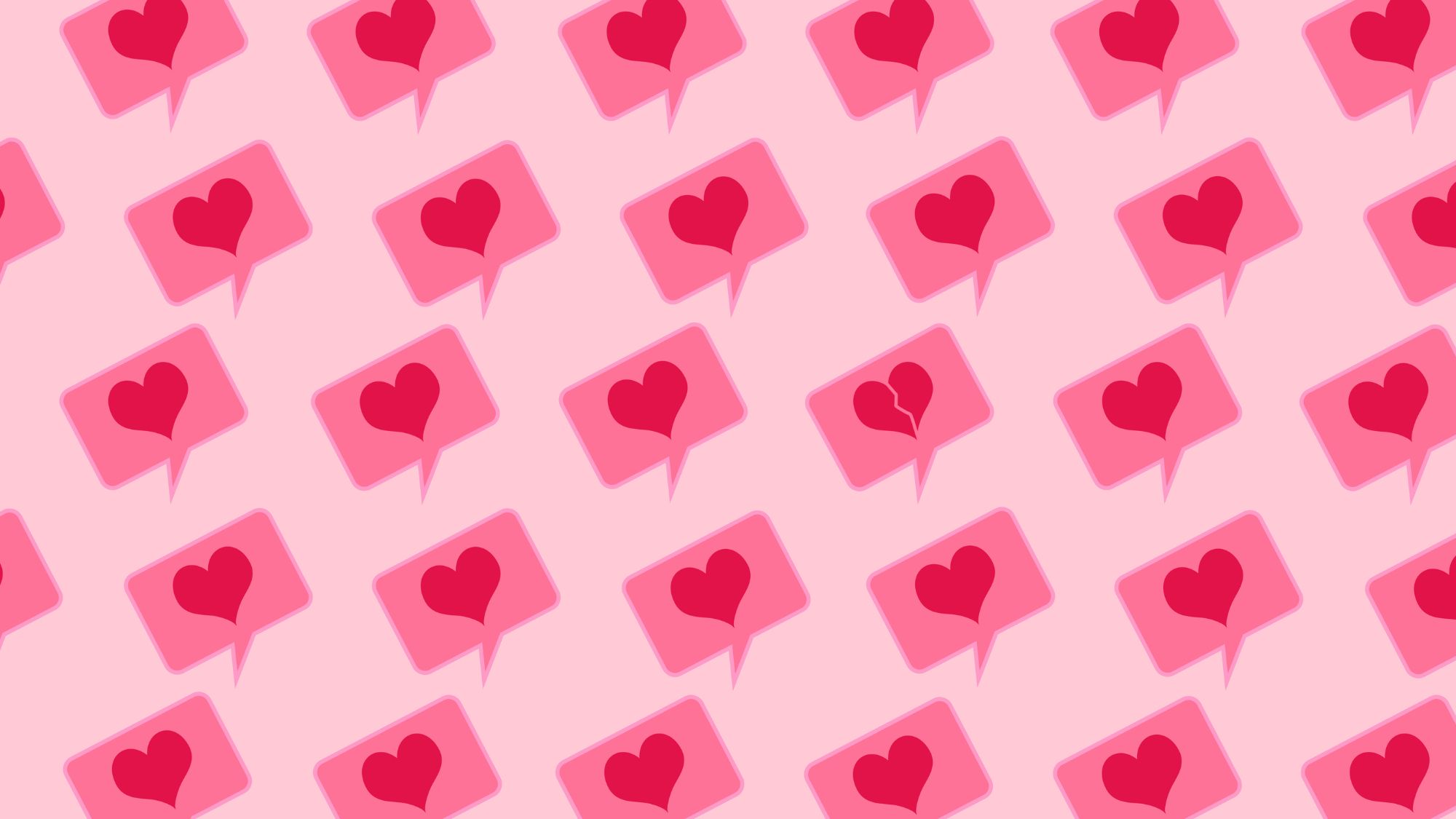
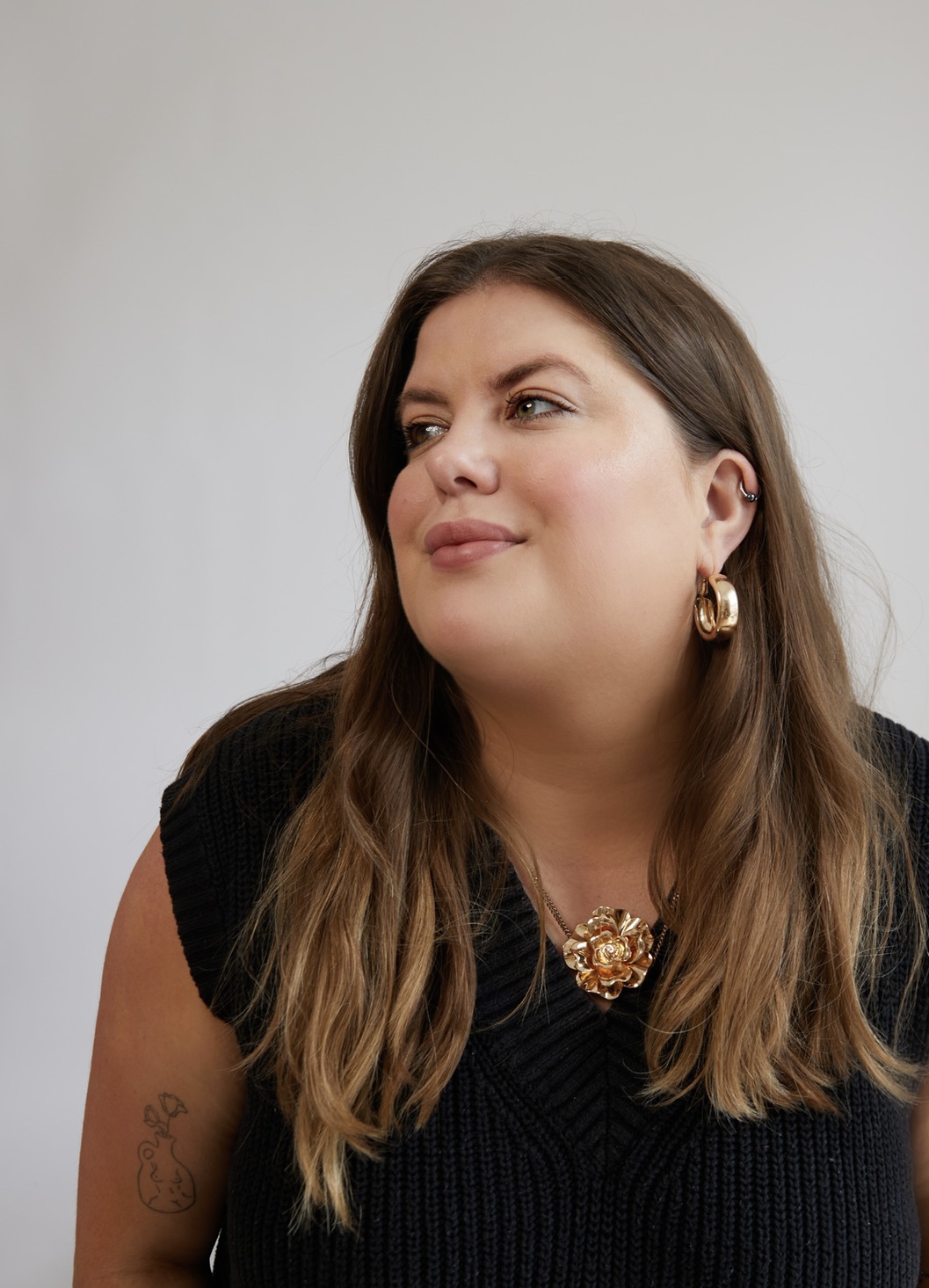
We often hear about online dating fatigue and the desire to quit swiping, but what’s missing from the conversation—especially when it comes to women and modern dating—is the reality of addiction to dating apps like Hinge and Tinder.
In a recent conversation with a friend, I was struck by how clearly her experience with online dating and apps mirrored addiction. The six key components of addiction: salience, mood modification, tolerance, withdrawal, conflict, and relapse, were all present in her story, creating a cycle she couldn’t break. Over coffee, she opened up about the compulsion to check the apps, how impossible it felt to stop swiping, even though it was obvious to her—and everyone around her—that this behaviour was harmful. I came away thinking about the stigma attached to dating app addiction, and how many other women must be feeling a similar way.
In my early twenties, I used dating apps. While I wouldn’t describe my experience as a full-blown addiction, there was definitely a dependency. Had I not met my current partner when I did, I wonder if it might have spiralled further. Dating apps are gamified and therefore inherently addictive, and modern society places immense pressure on women to search for a partner. It’s no surprise that so many people are reliant on them. What is surprising is how silent we are about it.
Relationship expert James Preece explained how dating apps mimic the mechanics of a fruit machine. “The more you use them, the more little rewards you get,” he said, adding: “The downside is that after a while, the effect diminishes, forcing them to use it more and more to get the same hit. This cycle can be addictive, and while it’s not usually a major issue, it can lead to mental health problems in the long run. If they don’t get any interactions, they might start to feel bad about themselves.”
Samantha Hayes, a relationship and infidelity expert, agrees. “Dating apps are a quick and easy way to explore new connections and meet people. They’re designed so that people keep swiping, often endlessly scrolling to find potential matches.”
She warned that single app users often fall into the trap of constantly searching for someone better, leading to dating app fatigue. “They may also find they struggle to commit because they have become almost conditioned to keep looking. Instead of focusing on meaningful connections, they get stuck in a vicious cycle of short-lived engagements and have a constant fear that they might be missing something perfect.”
Here, three women who identify as being addicted to dating apps, open up about their experience.
Marie Claire Newsletter
Celebrity news, beauty, fashion advice, and fascinating features, delivered straight to your inbox!
 RELATED STORIES
RELATED STORIES
Grace Carter, 34, realised dating apps were a problem when she couldn't stop scrolling whilst on a night out with friends.
“Around seven years ago, I started exploring dating apps, mainly out of curiosity and because they seemed like the easiest way to meet new people. In the beginning, it was genuinely fun—exciting, even. But, over time, I noticed my relationship with these apps began to change. What started as intentional interaction gradually turned into mindless scrolling. I found myself opening the apps not because I wanted to connect with someone, but because I was bored, lonely, or simply killing time. The purpose of the apps shifted entirely, morphing from a tool for dating into a deeply ingrained habit. I’d tell myself I was just checking for messages, but before I knew it, I’d be lost in an hour-long scroll through endless profiles.
The moment that really forced me to reflect on my usage happened one night when I was out for drinks with friends. We were supposed to be having a great time, but instead, I found myself glued to my phone, swiping between profiles and conversations. I wasn’t even fully present with the people sitting right in front of me. Yet, I couldn’t shake the feeling that I had to check the apps—just in case someone interesting had popped up. That was the first time I realised how automatic and compulsive it had all become.”
Even when I wasn’t actively seeking a relationship, I couldn’t break the habit of checking
“I haven’t been officially diagnosed, but when I consider the definition of addiction: being unable to stop a behaviour despite knowing it’s harmful, it’s hard not to see myself in it. I deleted the apps with every intention of never reinstalling them, but within days, I gave in and re-downloaded them. The urge to check for new matches felt like an obsessive necessity as if there was always the possibility that someone intriguing was waiting just beyond the next swipe. Even when I wasn’t actively seeking a relationship, I couldn’t break the habit of checking. Over time, my self-esteem began to take a hit. I started relying on matches and messages for validation, but on days when there were none, the rejection—despite being nothing more than the product of an algorithm—felt personal. It was a vicious cycle, one I knew was unhealthy, but one I couldn’t seem to escape.”
Sienna*, 30, is a counsellor from London who used dating apps to search for external validation
“I’ve been addicted to online dating for years, drawn in by a cocktail of loneliness, the need for validation, and the persistent hope that maybe, just maybe, this time will be different. Every swipe feels like scratching a lottery ticket, the next match might hold the key to the connection I’ve been searching for. But deep down, I know the truth: it has never truly worked. And yet, I keep going back, convinced that the next swipe, the next match, the next conversation might finally fill the void inside me.
It’s not that I don’t love myself, but that love feels fragile like a flickering flame easily extinguished by the craving for someone else to confirm my worth. I spend hours scrolling through profiles, messaging strangers, and searching desperately for someone who will make me feel wanted, chosen, enough.”
The validation I seek never arrives. No match, no conversation, no date has ever made me feel whole.
“Even when I’ve met someone and thought there might be potential, I’ve learned the hard way that online dating is often a game of comparison. They’re usually juggling multiple conversations, weighing their options, seeing if they can find someone “better” than me. I can’t help but feel like just one of many on a carousel of choices, easily discarded for the next shiny possibility. The knowledge of that stings, reinforcing my deepest fear—that I’ll never be anyone’s first choice.
It’s been 18 years of this now and it’s breaking me. The cycle of hope and rejection is exhausting, soul-destroying even. But the alternative—being alone—feels just as unbearable. How do I stop chasing something I can’t seem to find? How do I let go of a dream I still want so badly, despite all the evidence that it only leaves me emptier than before? I don’t know how to stop running toward a connection that never seems to be waiting for me. I’m a trainee therapist so this addiction feels like something I’ve processed, but breaking the cycle is the next step.”
*Name changed at the request of the interviewee
Natalie Byrne, 32, is a London-based illustrator with addictive tendencies who sets ‘rules’ for herself when swiping
“I dated in my teens and early twenties without the apps, but I joined them after a relationship ended when I was 27. My history with dating has always been classic “daddy issues girl” that craves male attention, and I think when I’ve been single, I’ve needed that validation from men. It’s not the proudest thing to admit as a feminist. I’m currently single and seeing someone, but I’ve gone through phases with dating apps where I’ve been so addicted to them.”
I’ve had times where I’d spend all day—not even showering—just swiping.
“I remember when I first started using dating apps, they gave me all that dopamine and made me feel like I had loads of options. It can be such a fine line between feeling like I’m taking my dating life seriously, trying to find someone, and putting myself out there and crossing that line entirely.
I noticed the addiction was getting really bad in my late twenties. I decided to go cold turkey and spent a good year off the apps—I really had to challenge myself to be happy with myself and stop seeking external validation. I managed to do that for a long time. Then, I got into what I thought was a healthy relationship for four years. When it ended—devastatingly and in a really brutal way—I dove back into the apps as a form of distraction and escapism.
I filled my roster and for most of last year, I was going on one or two dates a week. I remember a moment when a guy I really liked ghosted me, and I reacted by going straight back on the apps. When I jumped back on the apps to try to make myself feel better about being ghosted, I realised this cycle felt like an addiction.
I think I’m naturally inclined to be addicted to dating and apps, so I’m hyper-aware of it and try to set myself rules now. I’ve had times where I’d spend all day—not even showering—just swiping. It’s exhausting, and it’s so easy to fall into those hard habits. You need to be strong, set clear boundaries, and recognise when it’s not feeling good anymore.
As someone with addictive tendencies, I have to be as aware as possible. If I meet someone special, I try to get off the apps for myself—so I’m not constantly swiping, looking for the next person.”

Chloe is a London-based freelance journalist and poet, who specialises in gender equality, beauty, and culture. She is a contributing editor at Glamour, and has written for the likes of Dazed, Refinery29, Vogue, Cosmopolitan, Vice, and many more. In 2017, she founded the feminist platform FGRLS CLUB.
-
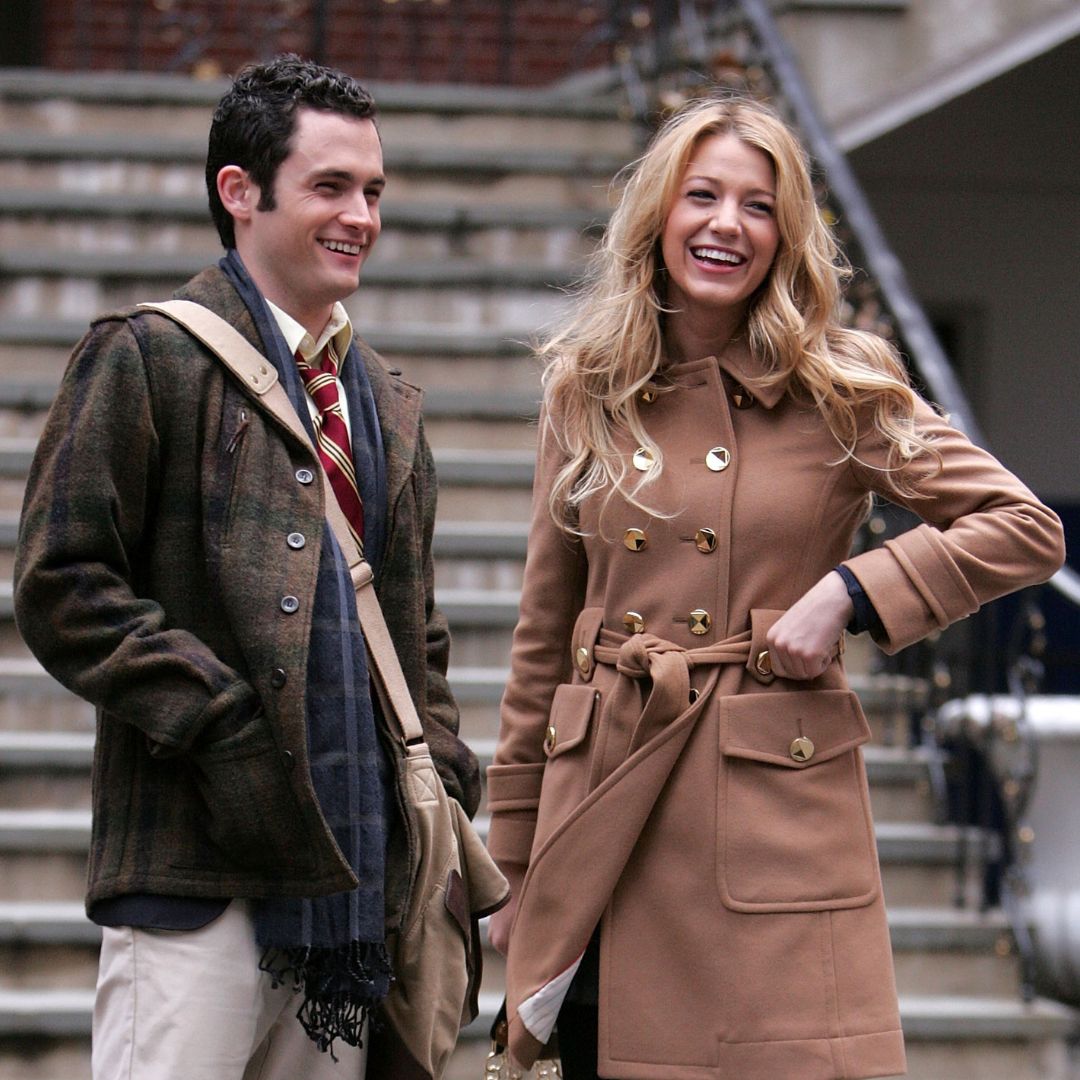 Penn Badgley and Blake Lively kept their breakup a secret from the Gossip Girl cast and crew - here's what we know about their former relationship
Penn Badgley and Blake Lively kept their breakup a secret from the Gossip Girl cast and crew - here's what we know about their former relationshipBy Jenny Proudfoot
-
 Spring has finally sprung - 6 best outdoor workouts that are totally free and boost both body and mind
Spring has finally sprung - 6 best outdoor workouts that are totally free and boost both body and mindSoak in the nature and boost Vitamin D *and* endorphins.
By Anna Bartter
-
 This iconic rose perfume is a compliment magnet—it makes me feel ‘put together’ after just one spritz
This iconic rose perfume is a compliment magnet—it makes me feel ‘put together’ after just one spritzGrown-up and elegant, yet not at all dated.
By Denise Primbet
-
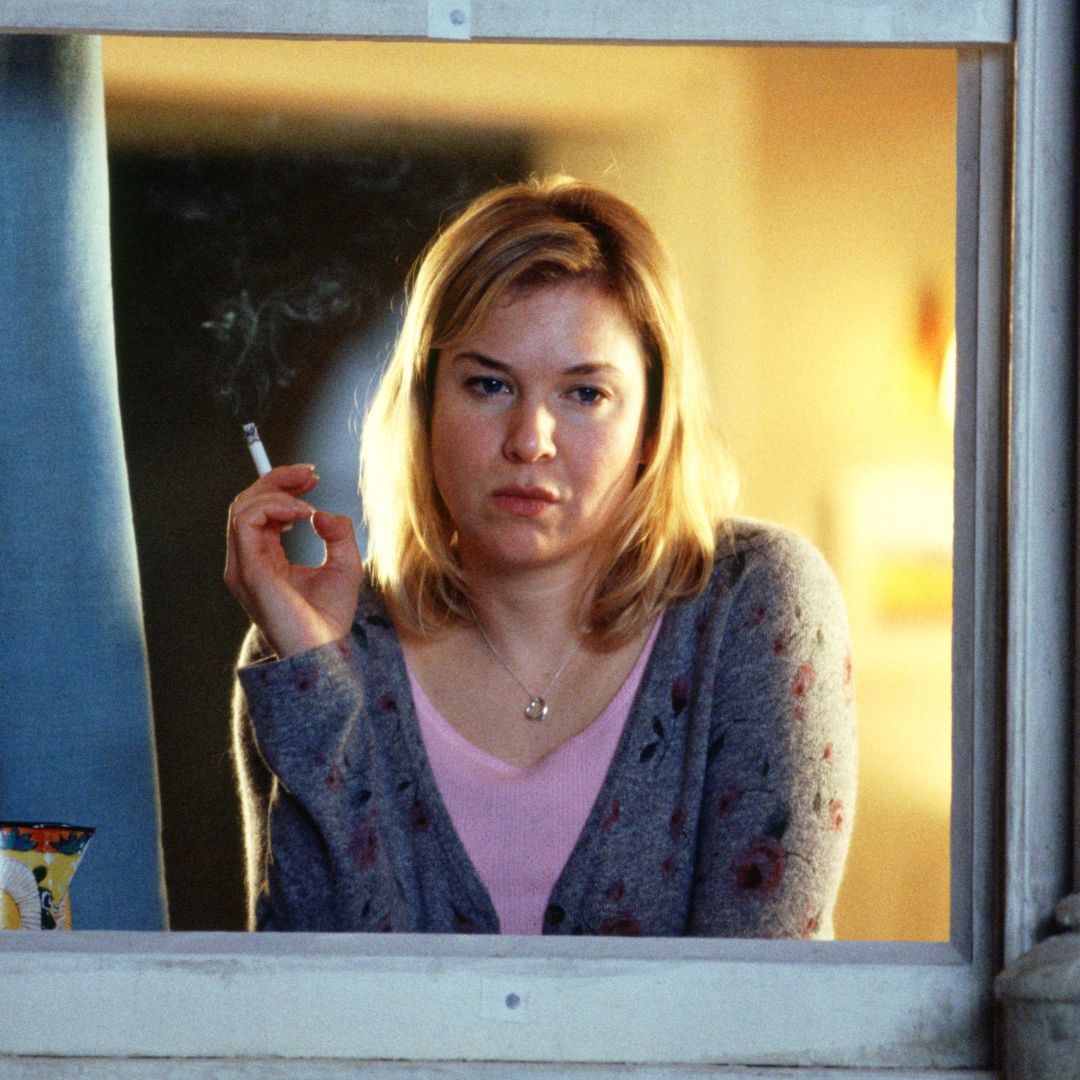 Can you die from a broken heart?
Can you die from a broken heart?What *does* become of the broken hearted?
By Mischa Anouk Smith
-
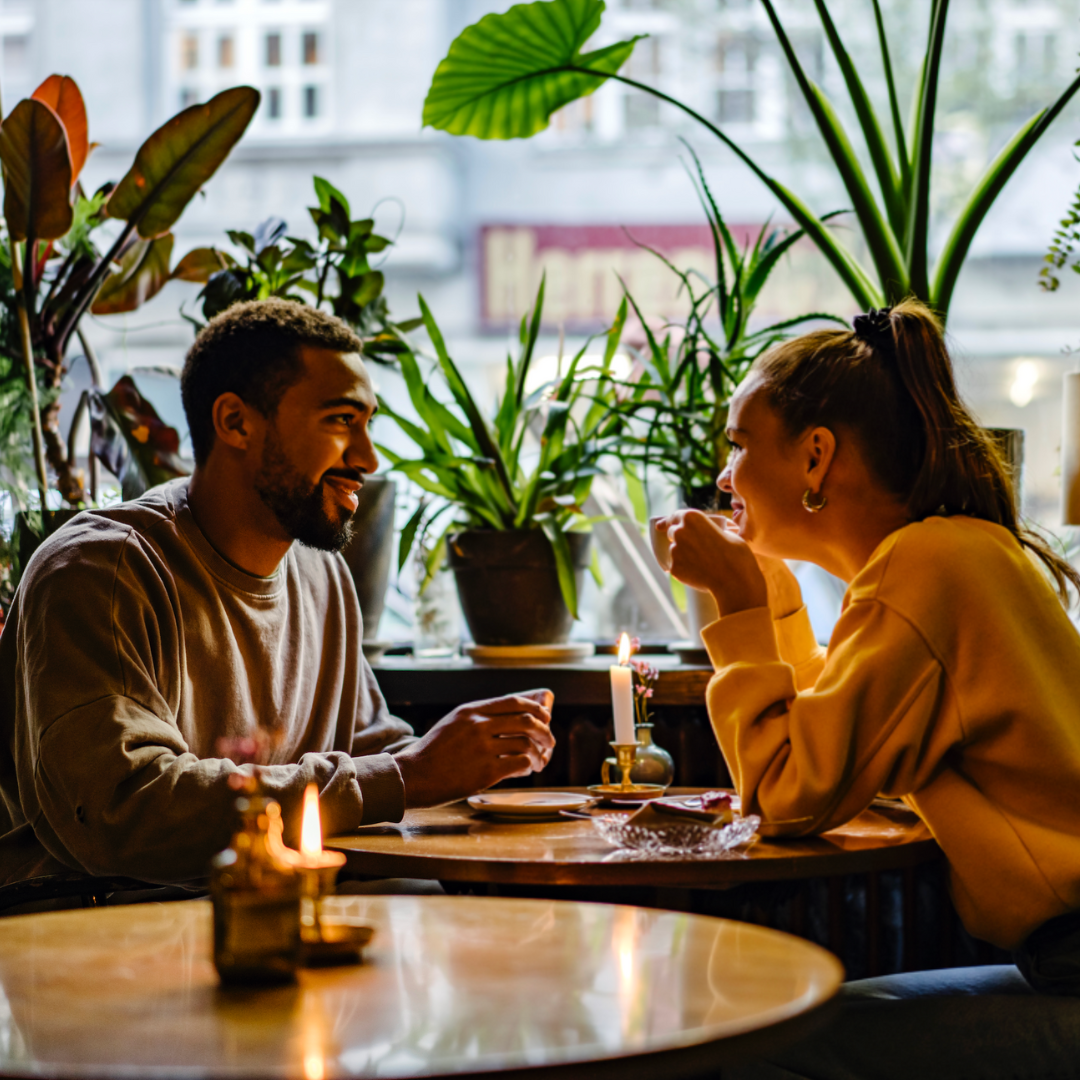 The biggest dating trends for 2024 might just get you back on the apps
The biggest dating trends for 2024 might just get you back on the appsFeeling jaded by modern dating? Take a look at this
By Lauren Hughes
-
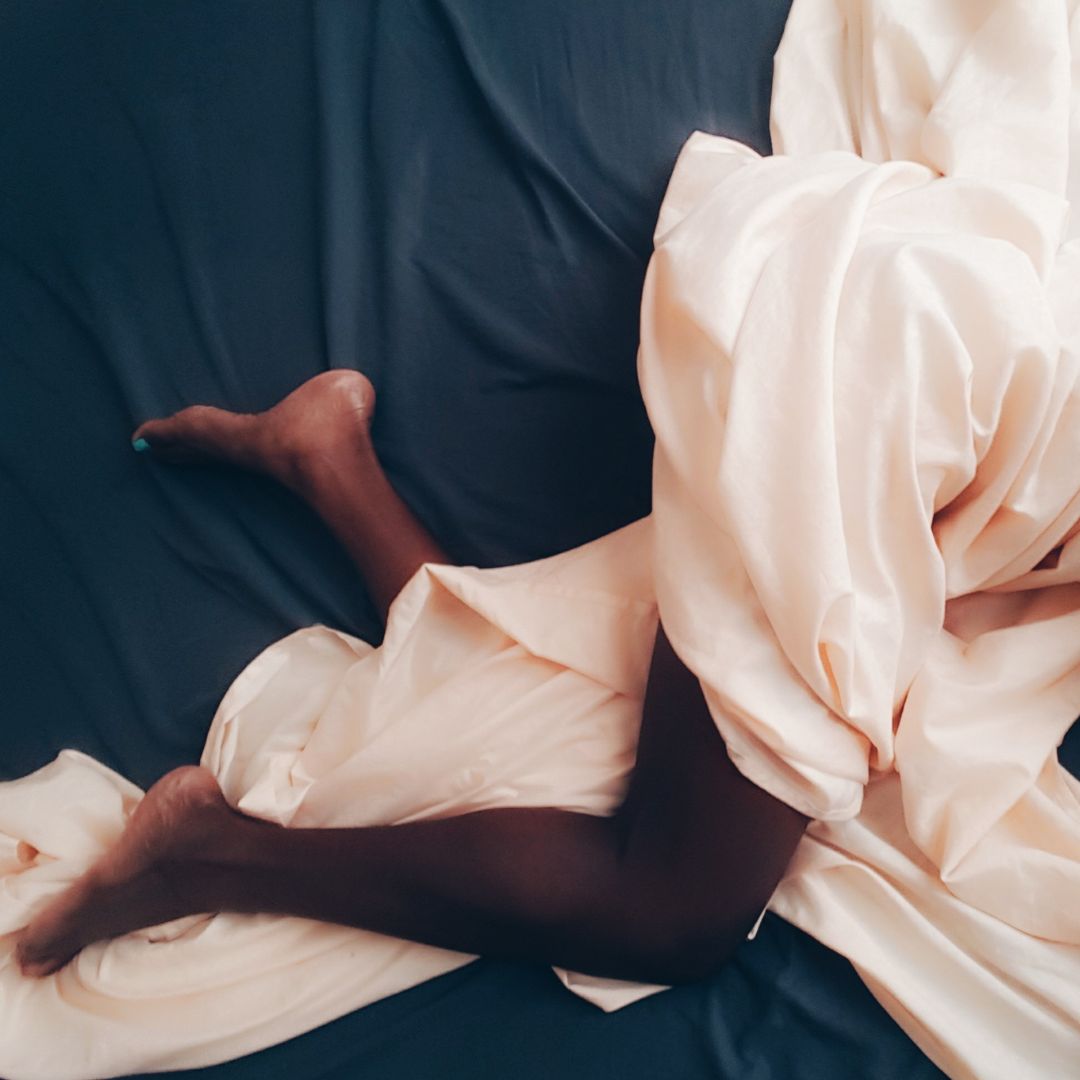 'Thawing' is the latest dating trend - and it's all to do with your ex
'Thawing' is the latest dating trend - and it's all to do with your exAnother word to add to your dating dictionary
By Sarah Finley